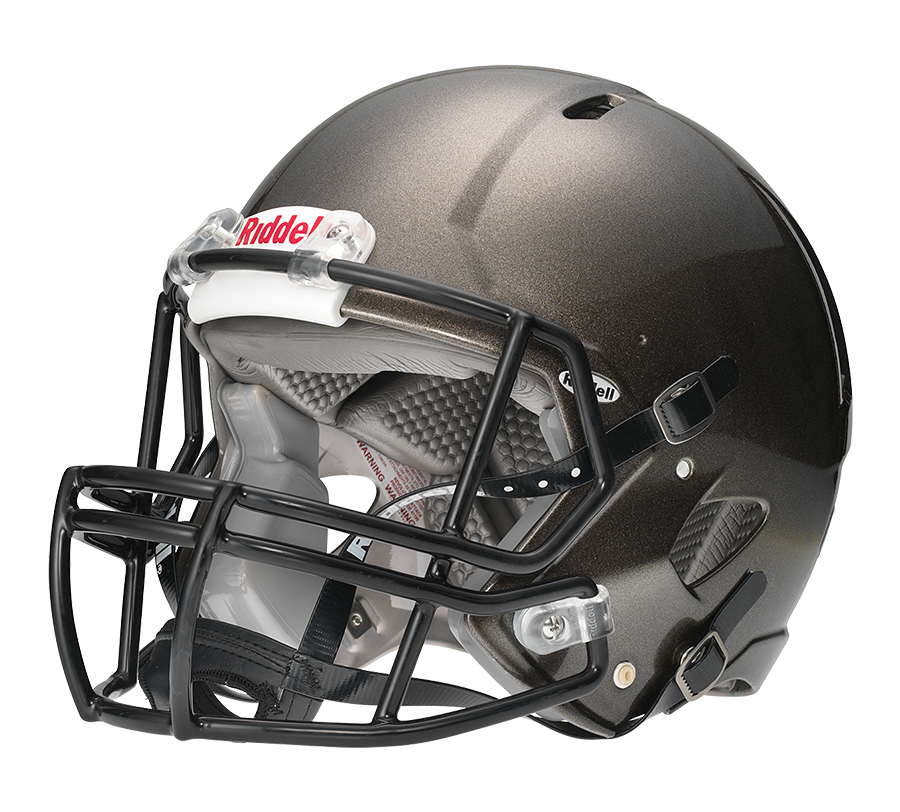CHARLESTON – A youth football league filed a class action lawsuit against Riddell Inc. after it claims the company falsely marketed its helmets.
Midwestern Midget Football Club claims Riddell marketed its Revolution football helmets has containing concussion reduction technology that allegedly reduces the incidence of concussion by up to 31 percent, according to a complaint initially filed Dec. 2 in Kanawha Circuit Court and removed to federal court on Jan. 6.
The marketing statements made by Riddell about the Revolution helmets were false and were based upon a statistically unsound study paid for by Riddell, co-authored by a Riddell employee and publically criticized by third-party scientists, according to the suit.
"Scientific studies and other data of which Riddell was aware indicate that the Revolution helmets make no material difference to a player's risk for concussion as compared to other traditional football helmets," the complaint states.
Midwestern claims it and others purchased the Revolution helmets at market prices reflecting this "illusory benefit of a reduced risk of concussion" in comparison with other helmets.
The youth league claims Riddell violated the West Virginia Consumer Credit and Protection Act.
Riddell has engaged in the design, development, manufacture, sale and distribution of football equipment since 1922 and in approximately 2000, while it was designing and developing the Revolution helmet, Biokenetics, a biomechanics firm hired by the NFL and later retained by Riddell, sent Riddell a report showing that no football helmet, no matter how revolutionary, could prevent concussions.
In 2002, Riddell introduced the first versions of the Revolution helmet and provided a research grant to the University of Pittsburgh Medical Center for a study comparing rates of concussions among high school athletes who wore Revolution helmets with those who wore traditional helmets.
"Riddell used the results of this study to claim that the Revolution helmet reduced concussions by 31%, despite UPMC's recommendation that Riddell not make such claims and peer reviewed comments expressing concerns that the study suffered 'serious, if not fatal, methodological flaws," the complaint states.
Midwestern claims in the Journal of Neurosurgery, leaders in the concussion field explained that the study was flawed in that it discounted low impact hits, did not account for the relatively older population wearing the helmets and did not account for the age-related deterioration of non-Revolution helmets in the study, many of which were older, reconditioned helmets.
The study included no youth football participants and only involved high school football players, according to the suit.
"Despite the lack of evidence that the Revolution helmet reduced the overall risk of concussion more than other helmets, Riddell continued to sell, market and distribute the Revolution helmets with the promise of 'concussion reduction,'" the complaint states.
Midwestern claims it is particularly troubling that the helmets are said to be safer for youth players when the helmets have not been tested on youth players.
The class involved in the case includes all West Virginia residents who purchased a Riddell Revolution helmet in West Virginia within four years prior to the filing of the lawsuit, according to the suit.
Midwestern is seeking an order awarding declaratory and injunctive relief; a judgment awarding the plaintiff and class actual damages; an order for the defendant to engage in a corrective advertising campaign; and pre- and post-judgment interest.
It is being represented by Michael Murphy and Marc Weintraub of Bailey & Glasser.
The case is assigned to District Judge John T. Copenhaver Jr.
A lawsuit was previously filed against Riddell by Midwestern in April in federal court for the same issues. The lawsuit was voluntarily dismissed on Aug. 21.
U.S. District Court for the Southern District of West Virginia case number: 2:15-cv-00244
